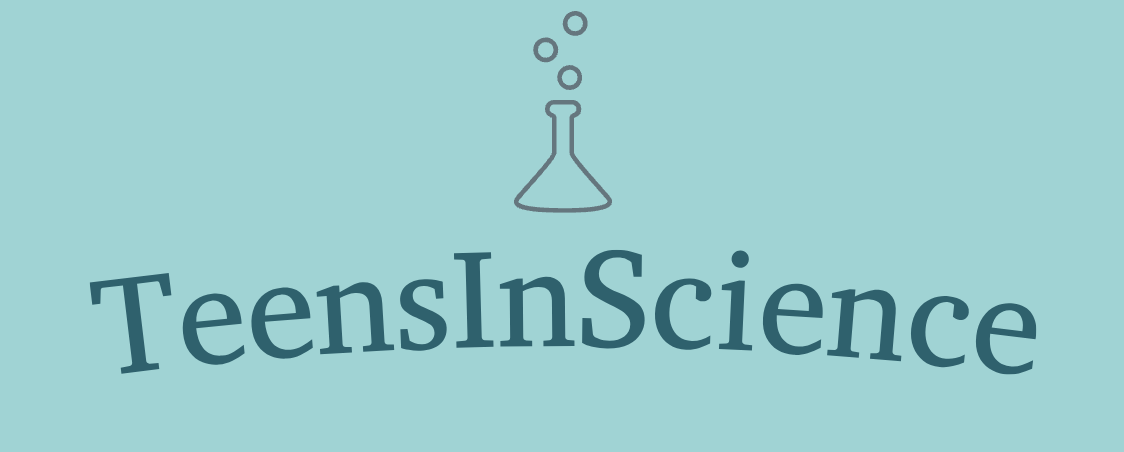How to Choose the Right Science-Related Summer Program
This article will talk about different summer opportunities for teens interested in science, and how to pick the best one for you.
Date Published: 1/12/25
Introduction
Summer programs offer high school students a unique opportunity to explore their interests, whether in science, medicine, or other fields. With a wide range of options available, choosing the r ight program can help you gain valuable experience, enhance your skills, and make informed decisions about your future.
1. Identify Your Interests and Goals
Before selecting a program, take some time to reflect on your interests and what you hope to achieve. Are you passionate about science and technology, curious about medical fields, or interested in exploring new subjects? Identifying your goals will help you choose a program that aligns with your passions. For example, if you are fascinated by biological sciences, look for programs that offer lab work or field research opportunities. If you’re interested in medicine, seek out programs that provide clinical access.
2. Explore Program Types
There are many types of summer programs available, each catering to different interests and goals. Here are some types to consider:
Science Research Programs: These programs often involve hands-on experiments, data analysis, and working in labs. They are ideal for students interested in scientific research and discovery.
Medical Programs: These may include shadowing healthcare professionals, participating in medical simulations, or learning about various medical fields.
STEM Workshops and Camps: Focused on science, technology, engineering, and mathematics, these programs offer interactive learning experiences and projects.
Environmental Science Programs: Explore topics related to ecology, conservation, and environmental research through fieldwork and hands-on activities.
Technology and Engineering Programs: Dive into coding, robotics, and engineering challenges that promote problem-solving and innovation.
3. Assess Program Credibility and Reputation
Research the credibility and reputation of each program. Look for programs affiliated with reputable institutions such as universities or research centers. Programs with strong credentials are more likely to offer high-quality experiences and valuable learning opportunities.
4. Consider Duration and Scheduling
Summer programs vary in duration, from a few days to several weeks. Consider how the program fits into your summer schedule and whether it aligns with your other commitments. Make sure you can dedicate the necessary time to fully engage with the program.
5. Evaluate Costs and Financial Aid
Program costs can vary widely. Check the program’s tuition fees and any additional expenses for materials, housing, or travel. Explore options for financial aid, scholarships, or discounts that may be available. Determine whether the program’s cost fits within your budget or if there are ways to offset expenses.
6. Review Application Requirements and Deadlines
Each program will have its own application process, including requirements such as essays, recommendations, and academic records. Carefully review these requirements to ensure you meet all criteria before applying. Pay attention to application deadlines and prepare your materials well in advance to avoid last-minute stress.
7. Seek Advice from Mentors
Consult with teachers, school counselors, or mentors who can offer advice based on your interests and academic goals. They can provide valuable insights into which programs may be most beneficial for your personal and academic development. They can also help write a recommendation for one of these programs.
8. Prepare for the Experience
Once you’ve selected a program, prepare by understanding its curriculum and any preparatory work needed. Set clear goals for what you want to achieve and stay organized to make the most of your summer experience.
Conclusion
Choosing the right summer program can significantly enhance your educational journey and provide you with valuable skills and experiences. By reflecting on your interests, researching program options, and considering key factors, you can select a program that aligns with your goals and helps you grow both personally and academically.
Works Cited
"Summer Programs for High School Students." National Science Foundation, 2023, www.nsf.gov/funding/pgm_summ.jsp?pims_id=5537.
“Choosing the Right Summer Program.” Johns Hopkins University, 2023, www.jhu.edu/summer-programs/choosing-right-program.
"Top Science and Medical Summer Programs for High School Students." Science News for Students, 2023, www.sciencenewsforstudents.org/article/top-science-and-medical-summer-programs.
"How to Apply for Summer Science Programs." Stanford University, 2023, www.stanford.edu/summer-programs/science.
